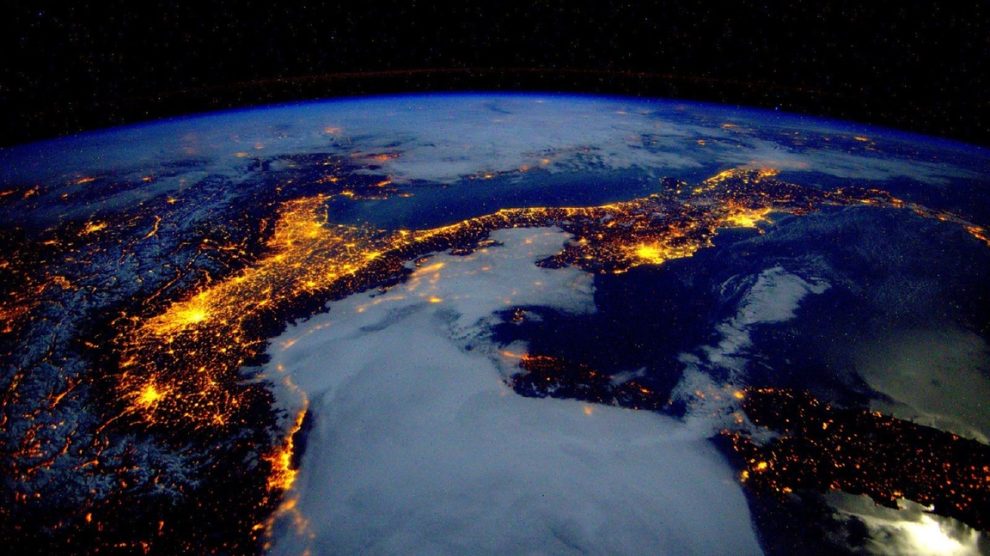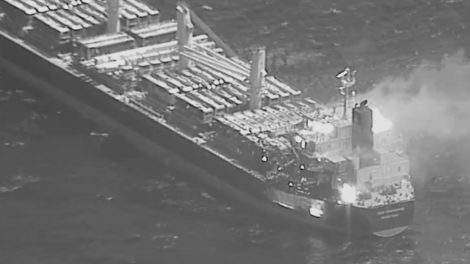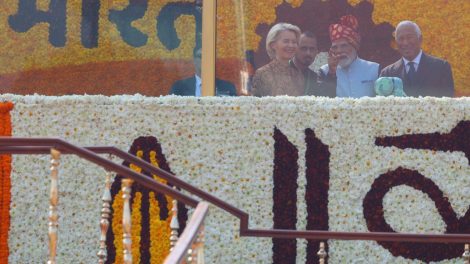After Tuesday’s opening dinner at Villa Madama, the high-level meeting of the Aqaba Process took place today, Wednesday, October 15, at the National Gallery of Modern and Contemporary Art in Rome. Several heads of state and government participated.
Decoding the News: According to Italian sources, Rome’s choice reflects the growing recognition of its role in African stabilisation and multilateral security cooperation.
The road to Rome. Established in 2015, the Aqaba Process has held 33 meetings at different levels, ranging from heads of state gatherings to technical expert sessions.
- The platform is built on three core pillars:
- prevention
- coordination
- closing operational gaps in counterterrorism efforts.
- The Rome edition, marking the forum’s tenth anniversary, focuses on West Africa—one of the world’s most fragile regions, facing intertwined instability and transnational threats.
Why it matters: More than half of global terrorism victims are recorded in West Africa.
- Four countries — Burkina Faso, Mali, Niger, and Nigeria — rank among the ten most affected in the Global Terrorism Index.
- The region is plagued by coups, criminal networks, and the trafficking of humans, drugs, and weapons, all of which fuel forced migration and poverty.
- The Rome meeting seeks to promote shared strategies to address the root causes of instability, combining security, development, and governance.
Italy’s role: According to Italian sources, the meeting fits within the framework of the Mattei Plan for Africa, Rome’s strategic initiative based on equal partnerships and sustainable cooperation.
- For the Italian government, hosting the summit underscores an active posture across the Enlarged Mediterranean and the Sahel, merging security objectives with economic development.
- The ongoing dialogue between Prime Minister Giorgia Meloni and King Abdullah II also highlights the convergence between Italy and Jordan in promoting stability and countering radicalism.
The participants. Today’s high-level meeting brought together:
- King Abdullah II of Jordan and Italian Prime Minister Giorgia Meloni
- The presidents of Chad, Nigeria, Paraguay, Sierra Leone, and Togo
- Azouz Nasri, President of Algeria’s Upper House
- Delegations from Côte d’Ivoire, Kazakhstan, Mauritania, Senegal, and Uzbekistan
- Special envoys and security experts also took part.
- On the sidelines, Meloni is holding bilateral meetings with several African leaders (stay tuned for updates on Decode39).
In a nutshell: From an Italian POV, for two days, Rome becomes the centre of the global conversation on counterterrorism.
- The political message is clear: Italy aims to be more than an observer; it wants to be a key player in Africa’s security and development.





